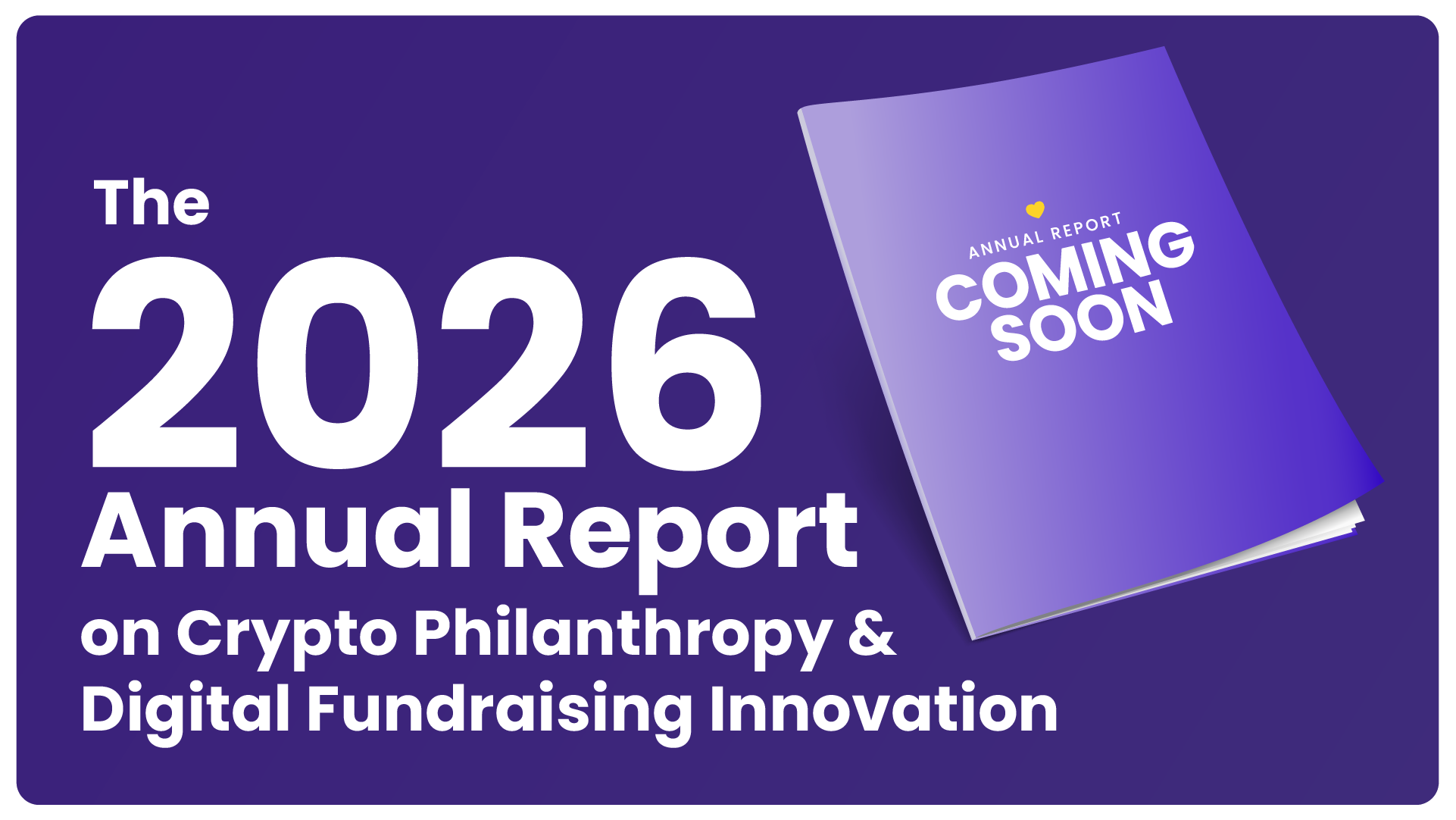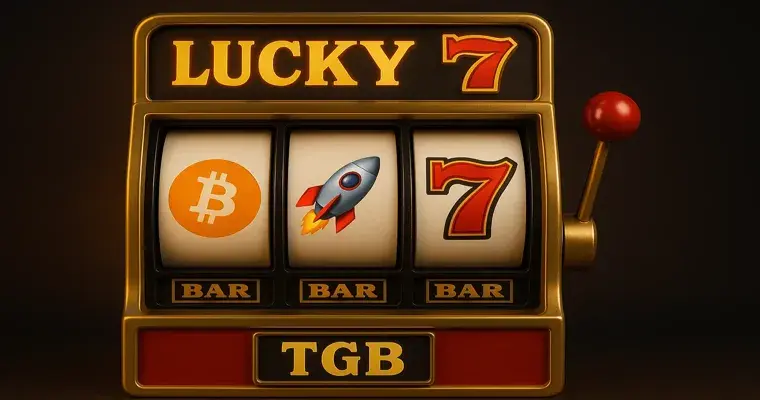This article is a guest post written by George Weiner, the Chief Whaler of Whole Whale, a digital agency that leverages data and tech to increase the impact of nonprofits and for-benefit companies. He is also the co-founder of Power Poetry, the largest teen poetry platform in the U.S, a safe, creative, free home to over 500k poets. Prior to Whole Whale George was the CTO of DoSomething.org. George founded Whole Whale with the goal of helping nonprofits both storied and start-up to move their missions forward with the tools at hand. Follow Whole Whale on Twitter at @wholewhale.
Here’s why it matters to nonprofits that 38% of Millennials own crypto:
A study from Investopedia shows that 38% of Millennials hold cryptocurrency as the largest percentage of total investments, even larger than stocks. This means that if nonprofits want to keep up with the times and capture a younger donor base, they must be thinking about reaching crypto donors. With the right tools and fundraising strategy, nonprofits can successfully accept cryptocurrency donations and tap into a new pool of potential donors.
There are a variety of reasons why nonprofits should care about the 38% of Millennials who own cryptocurrency. For one, this group is often early adopters of new technology and trends, so understanding their thoughts on cryptocurrency can give nonprofits valuable insight into where the larger world of philanthropy is heading. Additionally, many Millennials are deeply committed to social and environmental causes, so they may be more likely to donate to nonprofits that are accepting cryptocurrency.
Similar to the way mobile-friendly donation forms increased giving in the early days of mobile, so too does having a crypto-friendly donation option. What’s more, it also signals to a younger generation of donors that your nonprofit is paying attention.
Increase the Diversity of Donors
Accepting cryptocurrency donations can also improve the diversity of your donor base. Crypto donors tend to be young, male, nonwhite, tech-savvy, and interested in giving to globally-minded causes. They may also be more interested in the team behind a project than traditional donors, and be more likely to give more money overall.
When approaching crypto holders as potential new donors for your nonprofit, keep in mind that they are just like any other group of donors and that they want to see an impact from their donations. The bottom line, crypto donors are different than traditional donors. Here’s how:
- They’re 2x more likely to be male
- They’re most likely to be 18-29 in age
- They’re more likely to be non-white, with Asian, Hispanic, and Black investors holding the largest share of crypto
- They’re more likely to donate more than traditional donors.
The $30 Trillion Wealth Transfer
In the coming decade, Millennials are also going to play much larger philanthropic roles as Boomers pass on nearly $30 trillion in wealth (Forbes 2019). As this wealth is passed along, assuming crypto remains part of how Millennials store and distribute capital, failing to collect crypto could mean missing out on sizable donations.
(That number grows to an estimated $84 trillion when you factor in the totals that Millennials and Gen Xers are expected to inherit over the next two decades.)
While not all of this $30 trillion will be passed on, some reports show as much as 19% of Boomers saying they may not leave an inheritance, it is still more than enough to change the philanthropic landscape. To put into perspective, imagine how your nonprofit may have been talking about the internet and whether to have a website 20 years ago. Beyond just donations, there have been incredible social impact advances as a result of the technology.
Accepting crypto donations is only the first step of what is and will be possible with building impact on the blockchain. But it is a VERY important step as it will introduce the technology to internal and external stakeholders. Addressing myths about potential fraud or environmental concerns with audiences can take time. New technology always, yes always, raises alarm bells, which is why starting with a simple donation strategy is a great start.
Death, Taxes, and Donations
There are some inevitabilities in life and right now, confusion around crypto donations and taxation is one. Even though 38% of Millennials may own crypto, there is still a large tax knowledge gap and the massive upside to donating directly in crypto. This gap was recently revealed by a Fidelity Charitable survey which found that 1 in 3 crypto users weren’t familiar with the tax efficiencies of making crypto donations. What’s more, 55% aren’t even sure it is possible to donate crypto directly to nonprofits.
As a reminder, when a crypto donation is made directly to a charity there is no taxable event and the entire amount is attributed to a donation. Alternatively, had the crypto donor liquidated to make the donation, a taxable event taking around ~30% would occur and the remainder could be donated. Learn more about the tax advantage of crypto donations.
Another finding from the Fidelity survey is that crypto donors are more generous than fiat donors. In 2020, 45% of crypto owners donated over $1,000 vs. just 33% of all investors. So while the number of users is growing, nonprofits that take the time to educate potential donors might be rewarded by becoming the first charities these users support with their crypto.
Big Takeaway: We are VERY early in Crypto Philanthropy
It’s essential for nonprofits to recognize that we’re on the cusp of a major shift in charitable giving behaviors. With Millennials reaching their peak earning years and set to inherit a massive transfer of wealth, nonprofit organizations need to start implementing strategies that will make them successful with these younger donors.
Balance this shift in wealth with the wave of new crypto technologies remaking how online finance works. Crypto Philanthropy is proving itself to be a winning strategy for countless nonprofits, higher-ed institutions, and faith-based and other charitable organizations. The bottom line is that accepting crypto donations signals to young donors that you understand their financial preferences and are eager to welcome their donations, whether that’s in the form of USDC, Ethereum, Bitcoin or even Dogecoin.




















